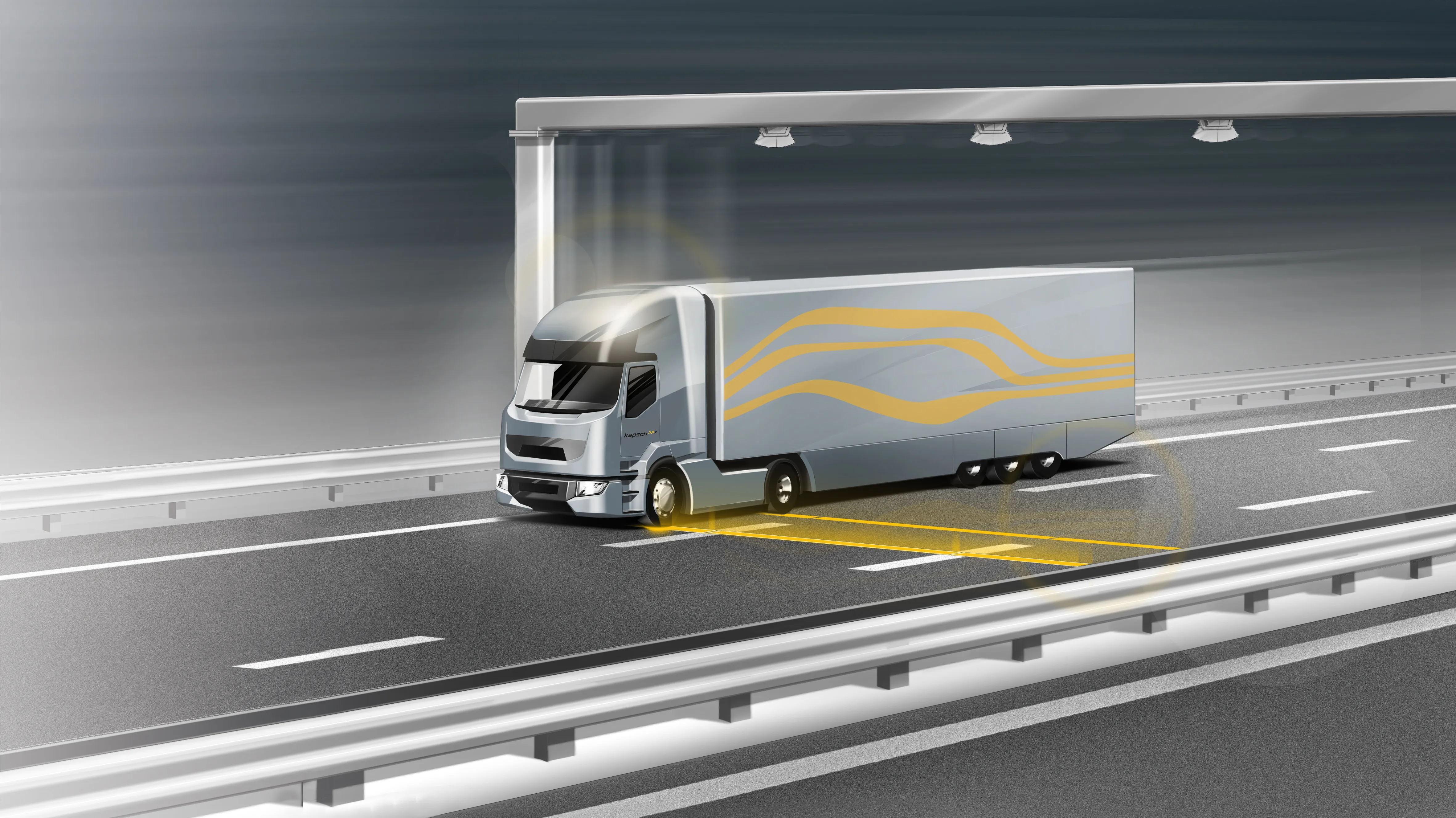The UK charity Action on Smoking and Health (ASH) believes smoking should be banned in cars because of concerns that children inhale second-hand smoke if their parents smoke while driving. Such a ban already exists in the US, South Africa and various parts of Canada, although in the UK it currently only applies to commercial vehicles. It is understood that increasing the ban to include smoking in all cars would be supported by the road safety charity, Brake. It thinks smoking while driving often means that
July 12, 2012
Read time: 1 min
The UK charity 6177 Action on Smoking and Health (ASH) believes smoking should be banned in cars because of concerns that children inhale second-hand smoke if their parents smoke while driving.
Such a ban already exists in the US, South Africa and various parts of Canada, although in the UK it currently only applies to commercial vehicles. It is understood that increasing the ban to include smoking in all cars would be supported by the road safety charity,3963 Brake. It thinks smoking while driving often means that people are not concentrating thus causing dangerous driving.
However, the smokers' lobby group Forest argues that the ban would be unnecessarily intrusive and questions how it would be enforced.
Such a ban already exists in the US, South Africa and various parts of Canada, although in the UK it currently only applies to commercial vehicles. It is understood that increasing the ban to include smoking in all cars would be supported by the road safety charity,
However, the smokers' lobby group Forest argues that the ban would be unnecessarily intrusive and questions how it would be enforced.








